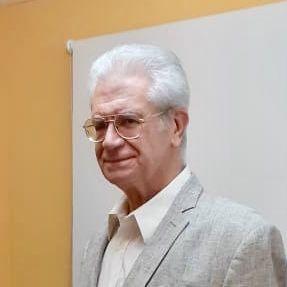In the international economy, the acronym BRICS is used to refer together to Brazil, Russia, India, China and South Africa; these five countries represent an economic – commercial partnership of emerging economies that since last decade are the best projections worldwide.
Almost 3,000 million inhabitants live in the countries that make up this association, so any political and/or economic decision acquires transcendence in the global organization of economic dependencies and political associations. They are suppliers of raw materials, food, energy and also trading partners with mutual interests.
It should be noted, in international financial matters, that the Asian Infrastructure Investment Bank (BAII) known Asian Infrastructure Investment Bank, has suspended and under review all activities with Russia and Belarus following the current conflict in Ukraine. The Beijing-based BAII has a contribution from China of 26.5% of its stock package. At the same time, Black Rock suspended all funds from his asset portfolio.
The international condemnation for Russia was majority in the United Nations Security Council, against the military invasion of Ukraine. In this sense, India, China and South Africa, together with thirty-two other countries, were in the vote of the General Assembly.
South Africa justifies its abstention, stating that the position of the international body to condemn Russia's attitude could open a deeper gap between the parties, since it does not highlight the call to a deeper commitment to the resolution of the conflict.
The People's Republic of China has signed with Russia a treintena of agreements that include the promotion of agriculture, a memorandum of understanding between the Gazprom and CNPC oil tankers for the construction of a pipeline that will market 30,000 million cubic meters of gas.
China is the only military power that is able to be accepted as a moderator in the conflict, but its prescindent position is understood internationally for its need to preserve trade-energy relations that are vital to sustain its industrial power and carry forward the emergence of new cities between 1 and 5 million inhabitants.
Although the turnover of Russia with Latin America is less significant, compared with other regions of the world, in the case of Brazil, there is a particular relevance, since more and more fertilizers to plant soybeans and other agricultural products are important; for their two large suppliers are China and Russia, so that they are only left with one, they will have difficulties in quantity and price.
Brazil remained neutral in the conflict, with ambiguous statements and discrepancies between Bolsonaro and his vice president.
India, on its part, abstained in the United Nations condemnation resolution, due to the need to support with Russia the military relations of clear dependence, since the belligerent country is a supplier of more than 60% of war material that serves the government of Prime Minister Narendra Modi to support part of its defense structure against Pakistan.
From the war events that shake the world, we can see a new world order in which the US, the 27 countries of the European Union plus Japan stand on one side of international reality and on the other, China and the countries of Southeast Asia.
In the full development of the Fourth Industrial Revolution, where technology is no longer a trend, but a ceilingless reality in its growth and development, the world assists a war confrontation for energy resources that result strategic for the future of humanity, thus a “New World Command” where the BRICS must define new strategies and commitments.



Comments